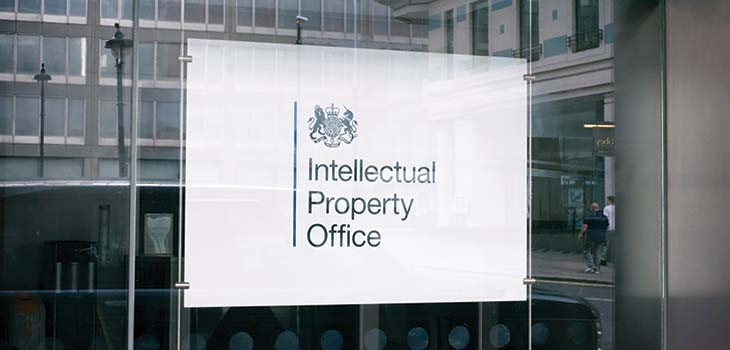
- Under UK patent law, grace periods are very limited, meaning that any disclosure of an invention made before the priority date will undermine the novelty of the patent.
- The UK is trying to join the Comprehensive and Progressive Agreement for Trans-Pacific Partnership, but to do so it will need to resolve a conflict it creates with its membership of the European Patent Convention.
Whether to give inventors a general grace period so that they can safely disclose the invention and not lose the right to a patent has been a topic of international interest for decades. The issue can be stated by the following scenario: a person turns up at a patent attorney’s office and says: ‘I have just invented the best thing ever. I described it to all my friends in the pub last night and they all agree I should patent it.’ The patent attorney interrupts to say it is not patentable.




.tmb-mov69x69.jpg?sfvrsn=961ae4db_1)
95ca96e3d47f4eff8d147c4f0df17c77.tmb-mov69x69.png?sfvrsn=3db5d86b_1)


